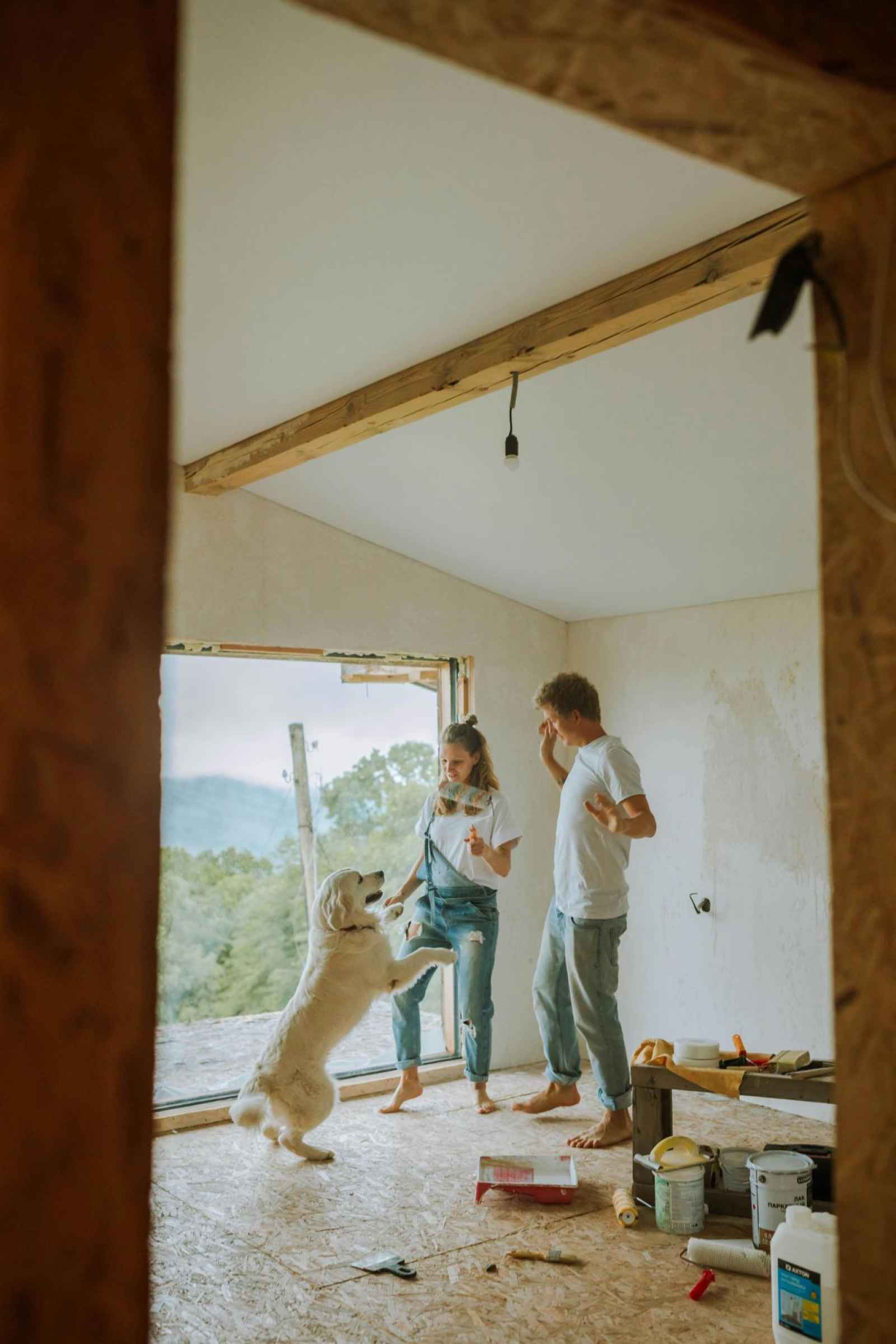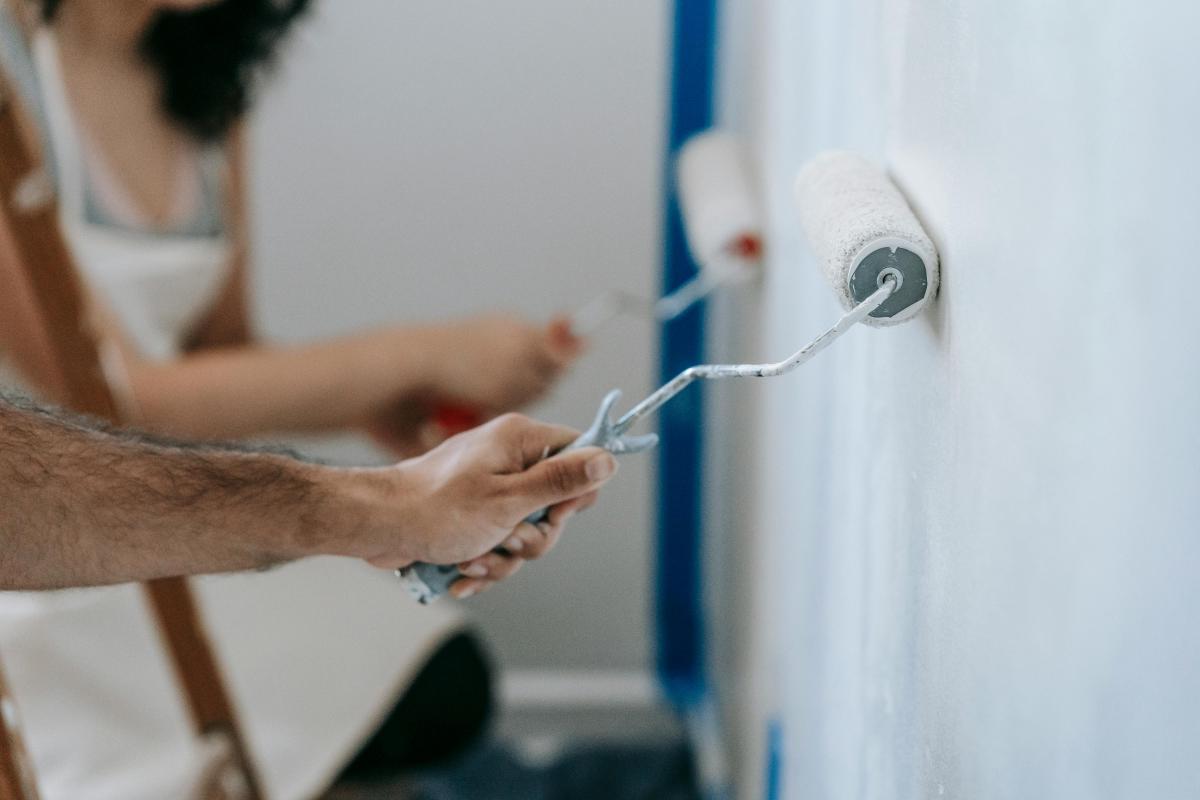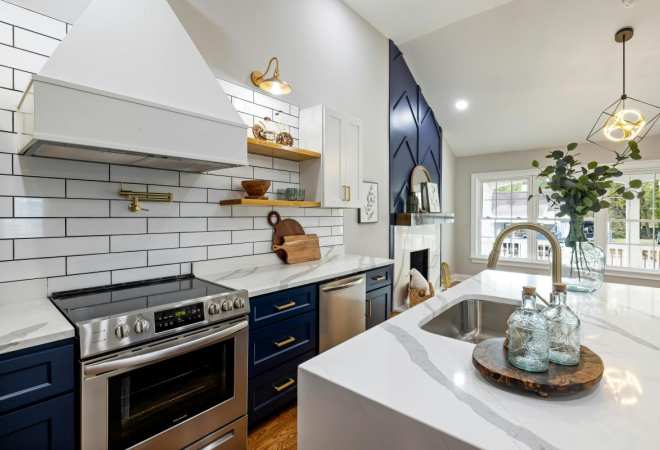Fixer-uppers make an excellent first home for newlyweds. These properties lend themselves to customization since they’re in disrepair. They cost less and can grow in value quickly.
However, buying a dilapidated house as-is can be super risky. Exercise due diligence and avoid cardinal errors by following these seven tips.
1. You Should Put a Premium on Location
Rapid appreciation is one of the selling points of fixer-uppers. Real estate investors flip them to turn a profit as soon as possible. If you want to buy a low-value property to build equity fast and access more credit opportunities down the road, your strategy needs reconsideration.
While essential improvements can notably increase a fixer-upper’s value, the property owes most of its worth to the land on which it sits. Geography affects local housing supply and demand because people make migration decisions based on town characteristics, such as weather and government policy. When comparing unsightly, neglected houses on the market, put more weight on location and less on condition.
2. You Must Include Key Contingencies in the Offer
Contingencies are conditions enabling you to back out without losing your earnest deposit when unmet. As a buyer, these three should appear on your offer — the title, appraisal and sale of a prior home contingencies — to protect your best interests.
The title contingency lets you terminate the contract when there are liens on the fixer-upper and the seller does nothing to zero them out. The appraisal contingency allows you to walk away when the fixer-upper’s owner wants too much money and refuges to come down on the price. If you own where you live, The sale of a prior home contingency gives you the option to backpedal on your purchase when you can’t sell your current residence.
3. You Must List Your Desired Projects Early On
Invite a home inspector to assess the fixer-upper, noting its structural and cosmetic defects. Your offer should generally be contingent on whether the seller addresses the inspection’s findings.
However, shouldering repairs comes with the territory when buying a fixer-upper. Instead, use the home inspection report to know what you must renovate to bring it up to code. This information can help you determine which improvements require a permit and a credentialed professional. Research competent local contractors and get estimates ahead of your mortgage application.
Speaking with construction pros can help you plan the renovation and decide which material to use. For example, you need expert advice to compare the merits of concrete against asphalt when redoing the driveway. Factoring in the climate simplifies the decision-making since the former remains flexible in hot weather while the latter maintains its look in cooler temperatures.
Consider putting sweat equity into the house. Doing permissible non-essential improvements yourself can save you cash.

4. You Must Take Out a Renovation Loan
Also called rehab loans, renovation loans give you access to funds needed to cover the fixer-upper’s sale price and repair costs. Renovation loans require a down payment and a minimum credit score.
However, some programs help you buy a house with no money down. They’re usually government-backed and purposely have lax criteria to help low-income earners afford a house. These government-backed products have rigid restrictions to filter out unqualified borrowers and generate demand for specific properties in certain locations, like single-family homes in some rural areas.
These mortgages require an appraisal, whose report includes an as-completed appraisal value that reflects the property’s worth post-renovation. Appraisal values are objective opinions of value, so they’re generally lower than highly subjective fair market values. The fair market value is what you think the fixer-upper is worth.
A lender would only let you borrow the appraised value. You need to find another way to close the gap, if there’s any. For the sale to push through, you can pay the difference between the appraised value using monetary wedding gifts and fair market value or the seller can accept a lower amount.
5. You Should Shop Around
Financing fixer-uppers isn’t for every lender. It presents more risk to lenders since these properties’ appraised values are less concrete. Accidental damage to the house during construction renders the loan collateral less valuable.
Having said that, doing business with the first lender that accepts you as a customer can be a terrible idea. The market has enough rehab loan programs to meet various borrower needs. Speak with as many lenders as possible and use them against each other to haggle over loan terms and snag favorable fees.
Be careful of asking unreasonable demands, though. Lenders expect borrowers to negotiate, but you’re just as persuasive as your qualifications allow you to be. Although you may feel a sense of urgency to have a house you can call your own after the wedding, avoid rushing to take out a loan.
Consider spending more time beefing up your credentials. Not applying for new credit cards, building your credit score by making car payments and paying rent on time, and increasing your cash reserves can give you more influence during negotiations.
6. You Should Expect Improvements to Cost More Than Predicted
It’s not an accident that renovation budgets include about an 8% contingency, for construction work usually costs more than estimated. Even seasoned general contractors can’t guarantee things will go as planned. Expect to spend cash out of pocket to cover unforeseen expenses.
7. You Should Consider Living Elsewhere Temporarily
Renovating a fixer-upper can take weeks or months. Living in a house under construction can make your daily life stressful due to various hazards, such as sharp debris, loose nails, loud noises and particulate matter. Consider continuing to rent as a couple until your fixer-upper completes its makeover.
Create Your Newlywed Nest From a Fixer-Upper
Shabby houses may be eyesores and liabilities in their current state, but a beautiful vision can turn one into a loving residence. While buying and renovating a fixer-upper to be your first home as a couple has risks, it can be a practical decision to start your married life on the right note.

Author Bio: Oscar Collins is the editor-in-chief at Modded, where he writes about a broad spectrum of topics. Follow him on Twitter @TModded for frequent updates on his work.
are you a bride or groom-to-be?
We'd love to plan with you on weddingday-online.com. Let's get started!
are you a wedding extraordinaire?
Join WeddingDay Magazine in inspiring brides by partnering with us! See how here.








Join the conversation
Log in or register to post comments